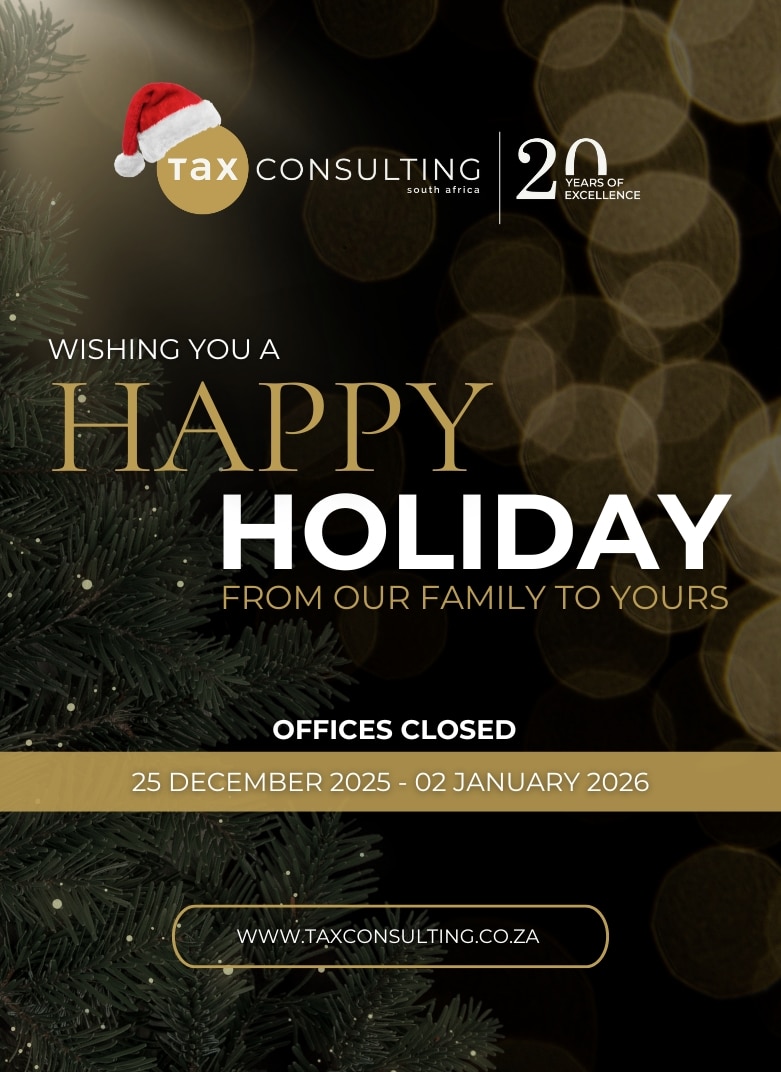Whilst this can be a complex process, many South African expats still hold misconceptions about what it entails. Considering this, it is worthwhile unpacking some of the contemporary myths surrounding financial emigration.
Ceasing Tax Residency Means Renouncing SA Citizenship
A persistent misconception amongst South African expats is that the financial emigrating process requires that they will also have to relinquish their South African citizenship. This perception is incorrect as financial emigration only relates to tax residency and does not affect legal status in South Africa.
Financial emigration is a formal legal process whereby a South African expat applies to the South African Revenue Service (SARS) to cease their status as a resident for tax purposes in South Africa. This process also involves updating their banking status for exchange control purposes. This means that a South African expat retains their status as a citizen, and they may even attain dual citizenship whilst being a non-resident for tax purposes.
Tax Non-Resident Expats Cannot Return to South Africa
Financial emigration does not necessarily prevent a South African expat from returning to South Africa. Whilst an expat must hold the subjective intention to remain abroad indefinitely, to succeed with their financial emigration application to SARS, in certain cases they may return to South Africa.
Instances where an expat’s personal circumstances have changed, and compelling reasons exist to justify their return to South Africa, then they may embark on a formal residency recommencement process with SARS. Many such expats that have historically completed the financial emigration process do elect to return to South Africa and recommence their tax residency therein.
However, there are several important tax, and estate planning considerations and implications that must be kept in mind. This includes correctly approaching SARS with compelling reasons regarding the return to South Africa, as well as notifying local banks of the expat’s return. Stated differently, the financial emigration process is reversible, though seeking expert advice is strongly recommended when recommencing tax residency.
Assets Ownership in South Africa is not Allowed
Another prevalent misconception is that the financial emigration process precludes a South African expat from owning and holding assets in South Africa. This common belief is flawed, and expats may still retain ownership of immovable property, investments, and bank accounts in South Africa.
Simply put, the primary difference merely relates to the manner in which these assets and local income is reported. For examples, certain restrictions will be imposed on local credit facilities and outbound monetary transfers from South Africa.
Financial Emigration is only suitable for High-Net-Worth Individuals
This process is often claimed to only be available and applicable to wealthy South African expats. However, financial emigration is available to any expats departing from South Africa with the intention to reside abroad indefinitely, regardless of income level and net worth. Ceasing tax residency in South Africa through this process enables expats to legally protect their foreign-sourced income and provides peace of mind from a tax compliance perspective.
In many instances, and where an expat intends to reside abroad permanently, they should rather use the financial emigration process, even where their foreign-sourced income falls below R1.25 million. Notwithstanding the fact that they could implement this section 10(1)(o)(ii) ‘foreign employment income’ exemption, financial emigration would be better suited to them.
Financial emigration isn’t a one-size-fits-all process for everyone, and depends on an expat’s asset portfolio, strategic future plans, and the tax residency regulations of their new host country. Tailoring the process to an expat’s unique needs is essential.
Ceasing Residency is Complicated, Costly, and Triggers a Large Tax Bill
Some South African expats fear that the financial emigration process will lead to large tax liabilities, SARS audits, and even capital gains tax on all their assets. While there is a ‘deemed capital gains tax’ or ‘exit tax’ that occurs when an expat ceases their tax residency, this is only levied on certain ‘qualifying assets’. Importantly, local South African immovable properties and retirement investments are excluded.
Whilst complex, the process is manageable with professional and experienced assistance. The possible cost implications are dependent on individual circumstances and facts, and this investment must be compared with long-term tax savings and peace of mind. Enlisting professional guidance can help navigate this process.
Ceasing Tax Residency Removes the Obligation to Submit Tax Returns
Another frequently encountered misconception is that ceasing tax residency solves all tax issues, exempting an expat from their South African tax obligations. Notably, any local South African-sourced income, such as local rentals, dividends, and interest, remains subject to taxation, and must still be declared in tax returns every year with SARS.
However, where an expat has no South African-sourced income or assets remaining, then they may proceed to file their returns on a non-resident basis, which does not require the disclosure of foreign-sourced income.
Automatic Process that Solves all Tax Issues
Merely relocating abroad does not automatically change an expat’s tax residency status with SARS. In fact, financial emigration requires formal legal engagement with SARS and necessitates that an expat’s residency status be updated with SARS. Failure to do so means that expats run the risk of remaining a tax resident in South Africa, with ongoing obligations, taxation of their foreign-sourced income, and potential penalties.
Accurate and correctly prepared documentation is required by SARS to officially change an expat’s tax residency status.
Financial Emigration is No Longer Required
Even with recent amendments to tax laws in South Africa, this process remains a legitimate method for expats to formalize their non-residency status for tax purposes. Whilst the process has evolved into a heavily SARS-centred procedure in recent years, as opposed to the historic South African Reserve Bank (SARB) approval mechanism, it is still available. Those expats seeking to regularise their tax affairs by ceasing South African tax residency may still utilise this process.
South African Bank Accounts are Unaffected
Many South African expats erroneously believe that their local bank accounts will remain unchanged after the financial emigration process. This is untrue, as an expat’s bank accounts must be aligned with their tax residency status under SARB’s latest exchange control rules. Practically, and where an expat is seeking to maintain local South African accounts, this will necessitate that their accounts are converted to non-resident accounts.
Whilst an expat may still access their funds, certain exchange control restrictions will apply to the manner in which funds are moved out of the country. Once an expat has ceased their tax residency status, they are obligated to notify their bank thereof, so that their local accounts are reclassified. Failure to do so can lead to complications when moving funds internationally, such as having their local bank place a ‘hold’ on such transactions and accounts.
South African Tax Obligations are Absolved
Financial emigration does not excuse an expat of their past tax liabilities. Before allowing an expat to cease their tax residency status in South Africa, SARS will very likely require that any outstanding taxes are addressed before processing their legal application.
Even after the conclusion of the process, an expat’s financial affairs are not hidden from South African fiscal and regulatory authorities. Under international agreements such as the Common Reporting Standard (CRS), financial information can still be shared with SARS and SARB by an expat’s foreign host country.
Understanding and dispelling these misconceptions will help South African expats exploring financial emigration to make informed decisions and ensure they comply with tax regulations, thus securing certainty and peace of mind. Given the subtle nuances and various technical considerations involved, it is highly recommended that expat’s obtain professional advice to navigate this process smoothly.
![2025-logo-[Recovered] Tax Consulting South Africa](https://www.taxconsulting.co.za/wp-content/uploads/2025/01/2025-logo-Recovered.png)




